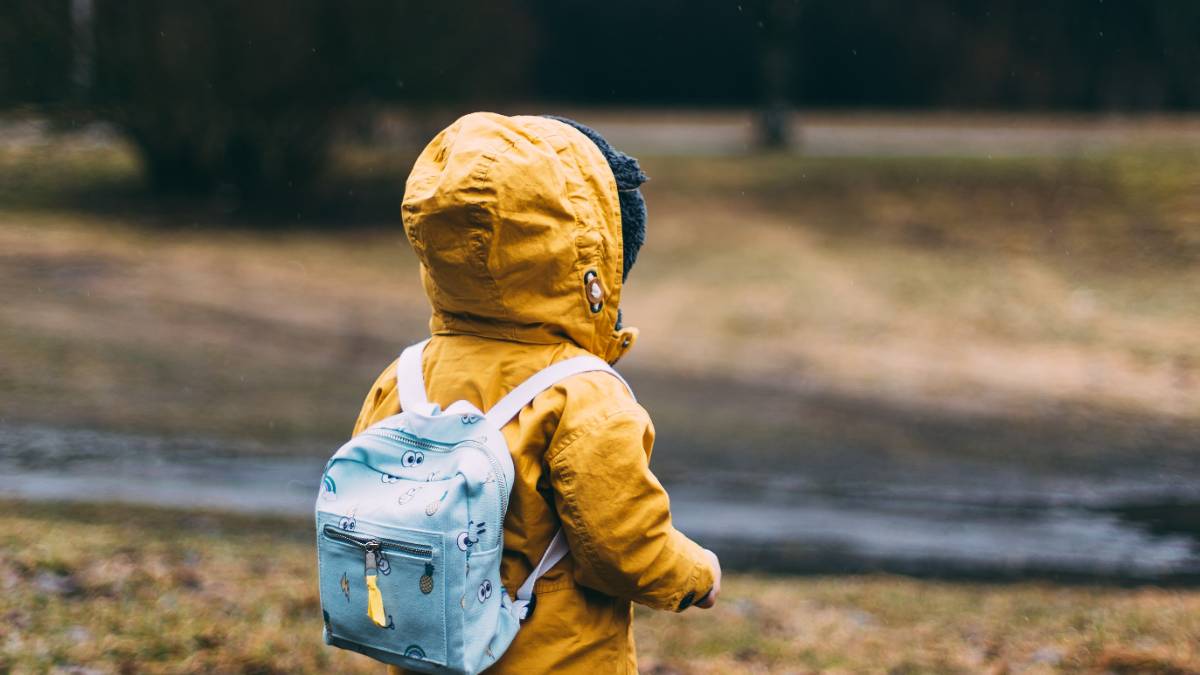
How We Learn Even When We Are Not Consciously Learning
Psychologist Layla Unger explains how our knowledge base keeps expanding throughout our lives.

By Mark Travers, Ph.D. | August 1, 2022
A new study published in Psychological Science explains that a large part of our learning happens outside the classroom, unconsciously, when we are simply exposed to life.
I recently spoke to psychologist Layla Unger of Ohio State University to understand how being incidentally exposed to something can foster and shape learning, especially in the form of what psychologists call clusters or 'categories.' Here is a summary of our conversation.
Could you explain how incidental exposure can lead to category learning through an example?
I think that the most handy examples come from category learning in childhood. Children learn lots of categories, such as "dog", "cup", "house" and so on. But, a lot of their experiences with these things are likely incidental, such as when a child just happens to pass dogs on the street or in the park.
In these incidental experiences, there is no knowledgeable teacher who explains to the child what a dog is. Nonetheless, incidental experiences may be very useful for category learning.
For example, from just happening to see dogs and cups in their everyday lives, a child may learn that there are groups of characteristics that tend to cluster together like furry, four legs, and tail, or round and full of juice.
So, learning these clusters of characteristics may provide a useful foundation for the child to quickly learn a category like "dog" from even minimal teaching, such as when a parent points at a dog while saying "Look, it's a dog!".
What inspired you to choose this as the topic of your research?
I'm fascinated by how we grow from infants who understand little about the world around us to adults who navigate it with apparent ease.
Category learning is a key part of this. We experience a barrage of information coming in through our senses all the time and our minds handle it by simplifying what we experience into categories like "dog", "cup" and "book".
But, much of what we understand about category learning comes from studying it under conditions in the lab that bear little resemblance to our everyday real-world experiences.
So, I wanted to take a common aspect of real-world experiences – incidental exposure – and see how it might contribute to building category knowledge.
What was the methodology of your study? What would you say was your most important finding?
In our studies, we explicitly taught all of our participants to group some creatures that they had never seen before into two categories. But, we varied what participants experienced first, before this explicit teaching.
For one group of participants, we first gave them incidental exposure to the creatures without telling them that the creatures belonged to categories, by asking them to play a simple computer game while the creatures were presented on the screen.
The other group of participants played the same games, but saw different creatures. This allowed us to see whether incidental exposure to the creatures would help people subsequently learn the categories when we explicitly taught them.
And, we saw that this did indeed happen – incidental exposure helped people become "ready to learn" the categories.
What role does category learning play (among other forms of learning) in helping us make sense of the world?
Category learning is a fundamental aspect of how we make sense of the world. At any given moment, we're not only getting lots of input from our senses, but this input is likely at least a little different from everything we've ever experienced before – we see a new dog, cup, or house, or one that we've seen before, but from a new angle or in different lighting.
However, if we treated all of these things as different, then we wouldn't be able to recognize anything or learn that it's something to pet, drink from, or live in.
So learning categories is key to building a stable knowledge base about the world around us.
What are some practical takeaways for the average person from your study?
I think one thing that our results suggest is that our minds are likely learning about the world even from aspects of our experiences that seem incidental.
This research is still in its early stages, so any practical takeaways should be taken with a grain of salt.
But, perhaps one thing to consider is how our everyday experiences might contribute to the categories we learn.
For example, if most of the depictions of scientists that we encounter tend to share a characteristic (e.g., tend to be men), this characteristic might shape the "scientist" category we learn, even if we're not explicitly told that only a certain kind of person becomes a scientist.
